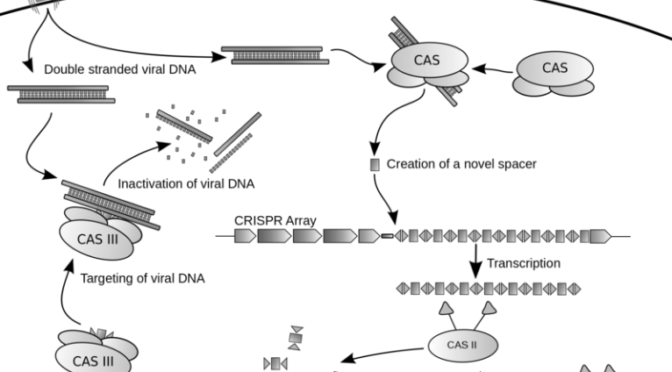In my last post, Hilo High Grad Makes Crispr ‘Discovery Of The Century,’ I wrote about the amazing Dr. Jennifer Doudna and her CRISPr gene-editing technology, which is taking the science world by storm.
I also wrote that it can be controversial. Today I want to share an article by Dr. Doudna, one of CRISPr’s discoverers. She wrote this article for Nature, the international weekly journal of science. It’s about her concerns over the philosophical and ethical ramifications of genomes that are easily-altered.
From Nature.com:
Genome-editing revolution: My whirlwind year with CRISPR, by Jennifer Doudna
22 December 2015
Some 20 months ago, I started having trouble sleeping. It had been almost two years since my colleagues and I had published a paper describing how a bacterial system called CRISPR–Cas9 could be used to engineer genomes (see ‘Based on bacteria’).
I had been astounded at how quickly labs around the world had adopted the technology for applications across biology, from modifying plants to altering butterfly-wing patterns to fine-tuning rat models of human disease. At the same time, I’d avoided thinking too much about the philosophical and ethical ramifications of widely accessible tools for altering genomes.
Questions about whether genome editing should ever be used for non-medical enhancement, for example, seemed mired in subjectivity — a long way from the evidence-based work I am comfortable with. I told myself that bioethicists were better positioned to take the lead on such issues. Like everyone else, I wanted to get on with the science made possible by the technology….

